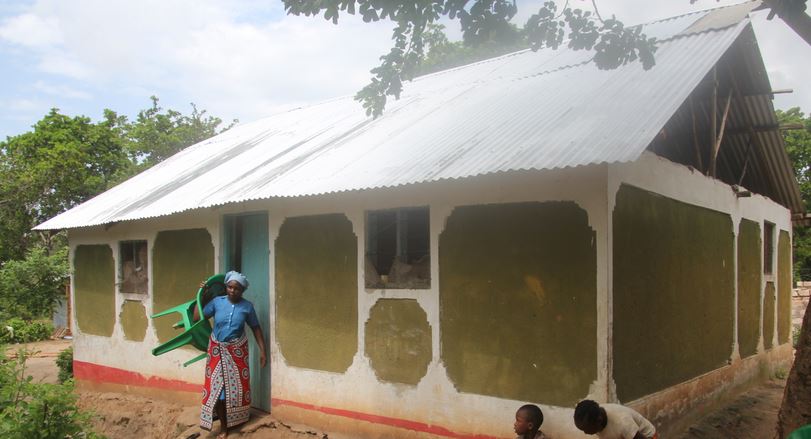×
The Standard e-Paper
Fearless, Trusted News

Several years ago in 2006, a German tourist resident in Austria Gabriella Vonwald was moved by the grinding poverty and homelessness of local widows and single mothers, who lacked decent homes, food and money to educate their children.
Wherever she walked through Kilifi villages she was appalled by the plight of poor families’, neglect of widows by in-laws where because of local culture, these women are often blamed for their husbands’ death.